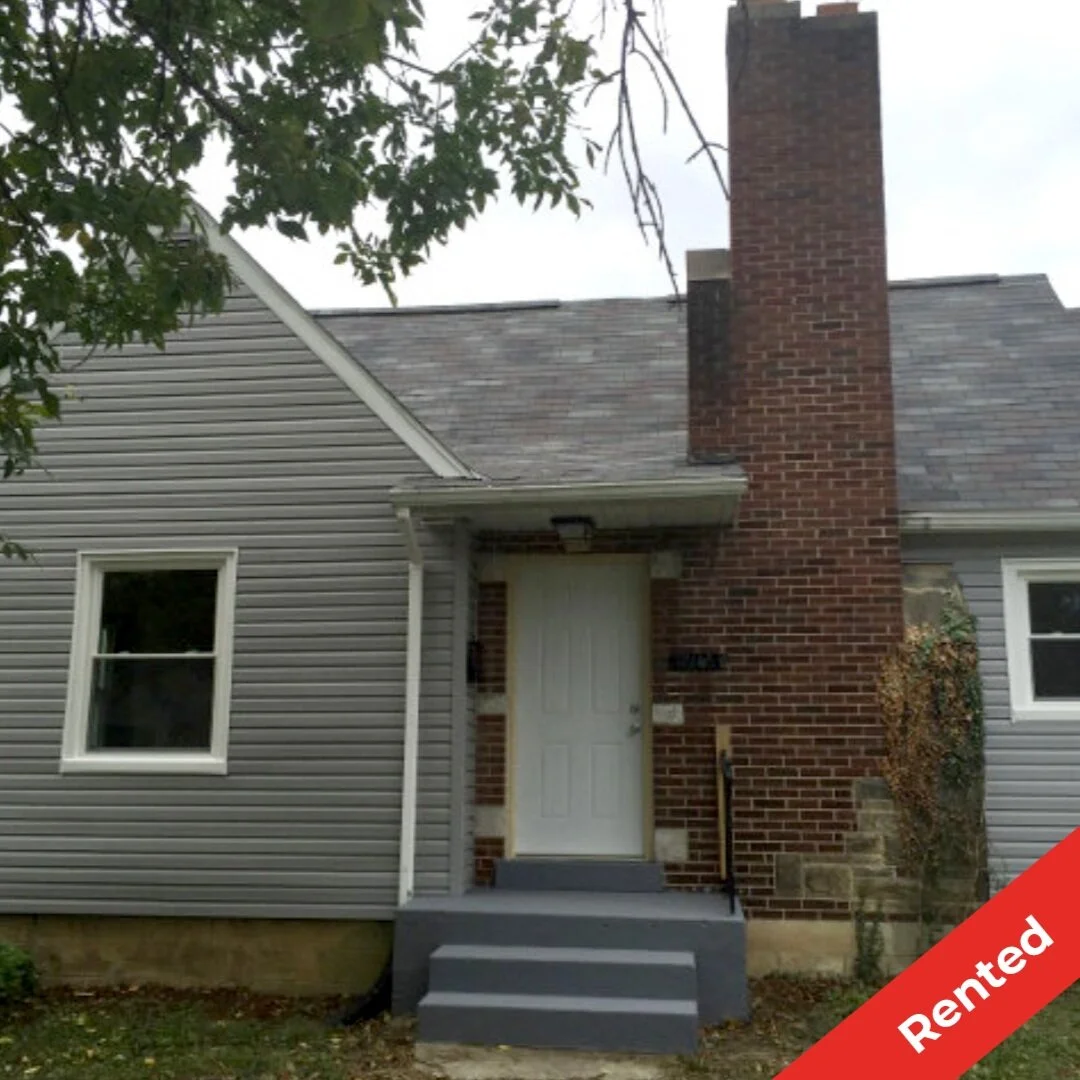What is Section 8 Housing?
Section 8 is government assistance with help to pay for your house. It is designed to help low income families who may not be able to afford their homes otherwise. The Department of Housing and Urban Development (HUD) is in charge of and oversees the program, but local public housing agencies actually run the day-to-day operation and wield a great deal of power. These local programs vary from state to state, so you must meet your local agency’s requirements to qualify,
As the biggest housing assistance program in the country, people who meet Section 8’s requirements can get housing vouchers, which help pay for a lot of their home rental costs.
While different local agencies may have different rules, there are some universal standards that you must meet.
You must have U.S. citizenship or be a qualified non-citizen.
You must make less than the income limit set by your local agency. If your yearly gross household income (before taxes) is more than the limit, you cannot get benefits from Section 8.
You must identify the people who will be living with you by name, age, disabilities, and U.S. citizenship status.
Some local agencies have their own rules that can move an application to the front of the line. For example, if you are homeless or about to be homeless, your application might be considered immediately. Also, if you are about to be forced out of you home, you might receive special consideration.
Be advised that some local agencies may require information on your rental history, such as whether you’ve been evicted or have received housing assistance in the past. Be honest. Answering ‘yes’ to these questions will not necessarily keep you from filing for and receiving Section 8 assistance.
Because this is a government assistance program, there will be numerous forms to complete and documents you will must submit. But you are not alone. Go to MySection8Housing for answers to your questions, and for guidance every step of the way.
Examples of REIProperties Section 8 Housing below:






